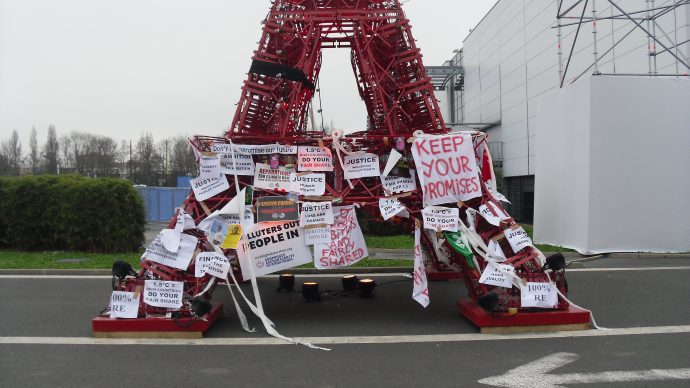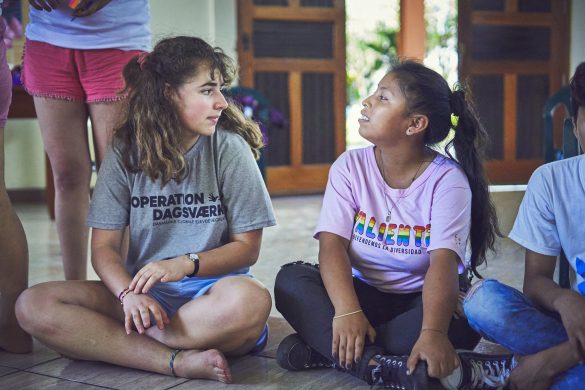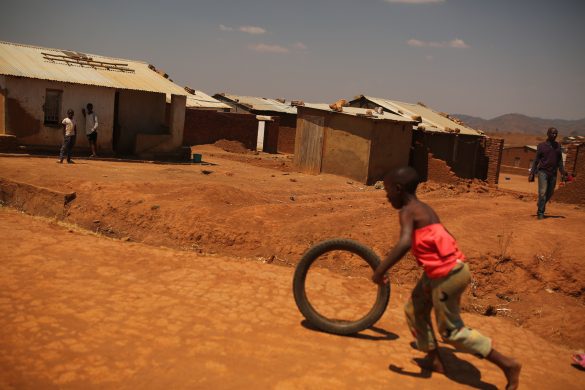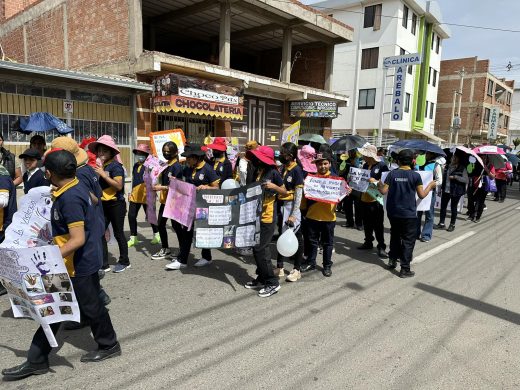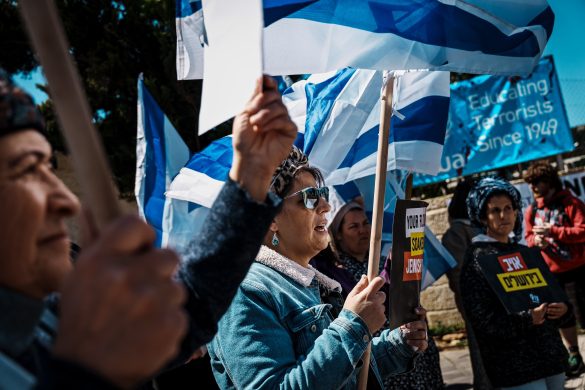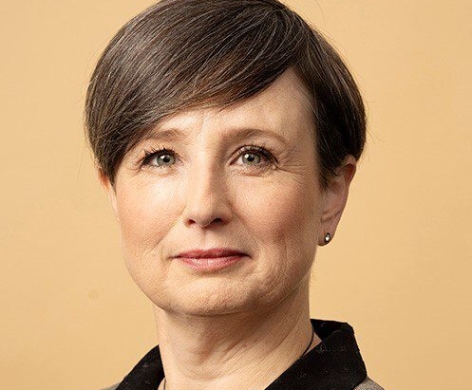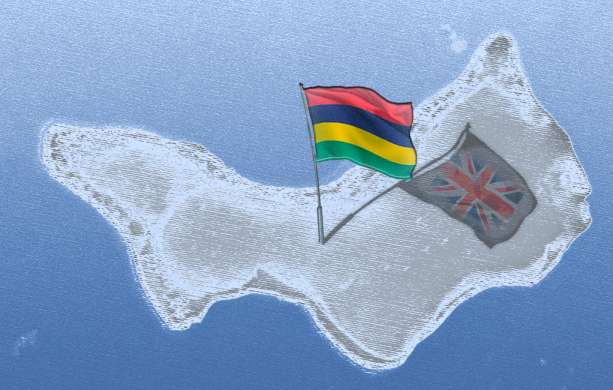May 20, Bonn, Germany – As the first week of the UN climate negotiations in Bonn draw to a close, and the World Humanitarian Summit in Istanbul looms, political experts from Climate Action Network drilled-down into the state of play of adaptation discussions and their priorities moving forward.
"The devastating floods in Sri Lanka, droughts across South East Asia, and soaring temperatures in India this week means that negotiators are coming to the first session post-Paris with climate impacts at the forefront of their minds. These impacts are a grim reminder that the Paris Agreement is not only about reducing emissions, but is about keeping both planet and people safe. The agenda fight in Bonn is not a futile exercise. Developing countries needed to make sure the focus of implementing the Paris Agreement also remains on helping them to prepare for climate impacts." said Harjeet Singh, Global Lead on Climate Change, ActionAid International.
"In Marrakesh it needs to be made clear how developed countries will deliver on the promise of US $100 billion a year for climate finance – half of which should be directed towards adaptation. What we need are specifics: What instruments will be included? What channels will be used to deliver the $100 billion? What will be the role of the multilateral development banks? All of these things needs to be made clear at Marrakesh in the roadmap." said Julie-Anne Richards, Manager of International Policy, Climate Justice Programme.
"Climate change has triggered a prolonged humanitarian crisis, which is exceeding poor people’s ability to adapt. More frequent and intense climate-related disasters are transforming societies to a reality of permanent crisis. At the World Humanitarian Summit, world leaders must commit to taking stronger actions to tackle climate disruption. The priority must be on building poor people’s resilience and ability to adapt to climate induced shocks and stresses; reacting only when disaster strikes is not enough." said Sven Harmeling, Climate Change Advocacy Coordinator at CARE International.
Civilsamfundets kommentarer efter en uges klimaforhandlinger i Bonn
